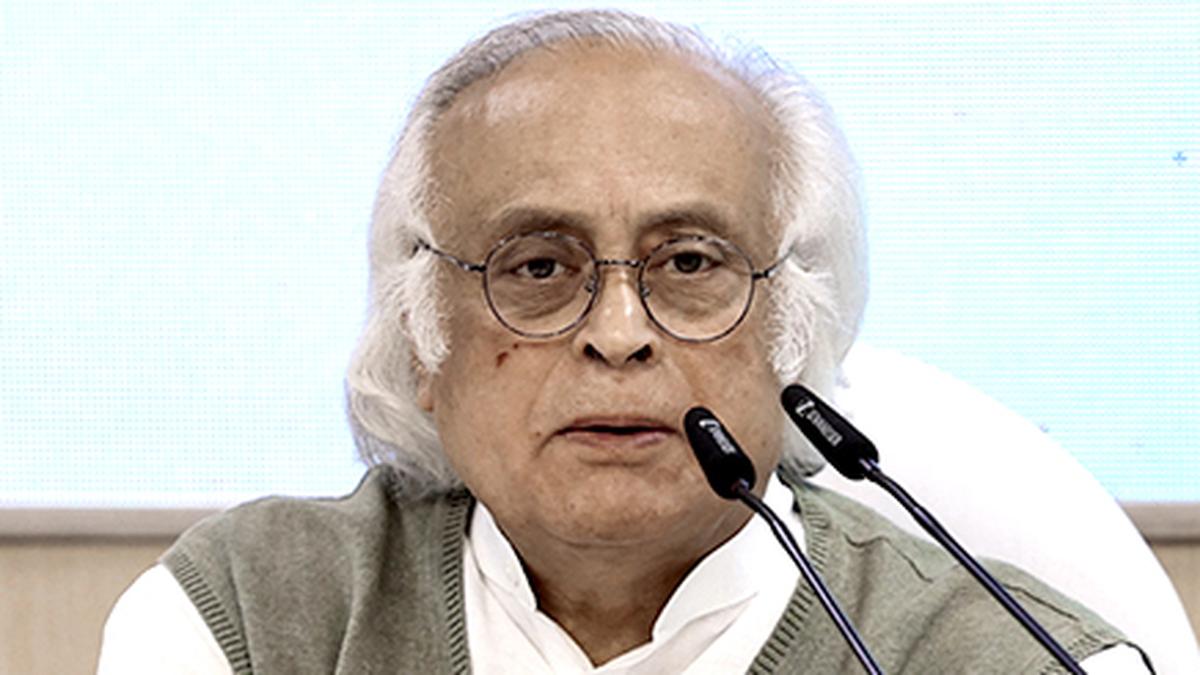NEW DELHI: In a landmark verdict, Supreme Court on Wednesday said women, irrespective of their faith, were entitled to maintenance under Section 125 of Criminal Procedure Code and rejected the argument that the Muslim Women (Protection of Rights on Divorce) Act, 1986, or personal laws of different communities barred them from taking advantage of maintenance guaranteed under the secular law.
A bench of Justices B V Nagarathna and Augustine George Masih held that it was for the Muslim woman to decide which of the two laws or both she should take recourse to. “Maintenance is a facet of gender parity and enabler of equality, not charity,” Justice Nagarathna said.
In separate but concurring judgments, the judges said Section 125 of CrPC applied to all married women, including Muslims. It said the provision was a measure for social justice to protect weaker sections, irrespective of applicable personal laws of the parties.
Rights of maintenance under both “exist parallelly” to ensure right to seek maintenance for divorced Muslim woman, Justice Masih said.
Supreme Court: Parliament never sought to limit divorced Muslim woman’s rights to ‘iddat’ period
We are inclined to conclude that equivalent rights of maintenance ascertained under both, the secular provision of Section 125 of CrPC 1973 and the personal law provision of Section 3 of the 1986 Act, parallelly exist in their distinct domains and jurisprudence, thereby, leading to their harmonious construction and continued existence of the right to seek maintenance for a divorced Muslim woman under the provisions of CrPC 1973 despite the enactment of the 1986 Act,” Justice Masih said, adding that Parliament never sought to restrict the rights of a divorced Muslim woman to the ‘iddat’ period. ‘Iddat’ refers to the period of time for which a Muslim woman must wait before she can remarry, 3 months in case of a divorce.
The Muslim Women (Protection of Rights on Divorce) Act was enacted by the Rajiv Gandhi govt in response to pressure from Muslim groups and politicians who were upset with the SC verdict in the Shah Bano case where the court had ordered that the old and indigent divorcee from Bhopal be given a monthly maintenance of Rs 125 per month.
Justice Nagarathna said Parliament’s intent in enacting the 1986 law was to enhance the rights of a divorced Muslim woman in addition to what she would have been entitled to under Section 125 of CrPC. She said if the intent was to curtail the rights of a divorced Muslim woman, then the clause of ‘notwithstanding anything contained in any other law for the time being in force’ would not have found a place in Section 3 and Parliament did not simultaneously or at any time thereafter create any bar for a divorced Muslim woman from claiming maintenance under Section 125.
“One cannot read Section 3 of the 1986 Act containing the non obstante clause so as to restrict or diminish the right to maintenance of a divorced Muslim woman under Section 125 of CrPC and neither is it a substitute for the latter. Such an interpretation would be regressive, anti-divorced Muslim woman and contrary to Articles 14, 15(1) and (3) as well as Article 39(e) of the Constitution,” Justice Nagarathna said.
“Therefore, a technical or pedantic interpretation of the 1986 Act would stultify not merely gender justice but also the constitutional right of access to justice for aggrieved Muslim divorced women who are in dire need of maintenance. This court would not countenance unjust or Faustian bargains being imposed on women. The emphasis is on sufficient maintenance, not minimal amount. After all, maintenance is a facet of gender parity and enabler of equality, not charity. It follows that a destitute Muslim woman has the right to seek maintenance under Section 125 of CrPC despite the enactment of the 1986 Act,” she said.
The court noted that Section 125 of CrPC was more beneficial to women in comparison to Section 3 of the 1986 law as maintenance to a divorced Muslim woman is given within the ‘iddat’ period by her husband under the 1986 law but under the secular provision, any divorced wife is entitled to maintenance till she remarries. Under personal law, maintenance for children is given by her former husband only for a period of two years but under Section 125, maintenance is given until the children attain the age of majority.
A bench of Justices B V Nagarathna and Augustine George Masih held that it was for the Muslim woman to decide which of the two laws or both she should take recourse to. “Maintenance is a facet of gender parity and enabler of equality, not charity,” Justice Nagarathna said.
In separate but concurring judgments, the judges said Section 125 of CrPC applied to all married women, including Muslims. It said the provision was a measure for social justice to protect weaker sections, irrespective of applicable personal laws of the parties.
Rights of maintenance under both “exist parallelly” to ensure right to seek maintenance for divorced Muslim woman, Justice Masih said.
Supreme Court: Parliament never sought to limit divorced Muslim woman’s rights to ‘iddat’ period
We are inclined to conclude that equivalent rights of maintenance ascertained under both, the secular provision of Section 125 of CrPC 1973 and the personal law provision of Section 3 of the 1986 Act, parallelly exist in their distinct domains and jurisprudence, thereby, leading to their harmonious construction and continued existence of the right to seek maintenance for a divorced Muslim woman under the provisions of CrPC 1973 despite the enactment of the 1986 Act,” Justice Masih said, adding that Parliament never sought to restrict the rights of a divorced Muslim woman to the ‘iddat’ period. ‘Iddat’ refers to the period of time for which a Muslim woman must wait before she can remarry, 3 months in case of a divorce.
The Muslim Women (Protection of Rights on Divorce) Act was enacted by the Rajiv Gandhi govt in response to pressure from Muslim groups and politicians who were upset with the SC verdict in the Shah Bano case where the court had ordered that the old and indigent divorcee from Bhopal be given a monthly maintenance of Rs 125 per month.
Justice Nagarathna said Parliament’s intent in enacting the 1986 law was to enhance the rights of a divorced Muslim woman in addition to what she would have been entitled to under Section 125 of CrPC. She said if the intent was to curtail the rights of a divorced Muslim woman, then the clause of ‘notwithstanding anything contained in any other law for the time being in force’ would not have found a place in Section 3 and Parliament did not simultaneously or at any time thereafter create any bar for a divorced Muslim woman from claiming maintenance under Section 125.
“One cannot read Section 3 of the 1986 Act containing the non obstante clause so as to restrict or diminish the right to maintenance of a divorced Muslim woman under Section 125 of CrPC and neither is it a substitute for the latter. Such an interpretation would be regressive, anti-divorced Muslim woman and contrary to Articles 14, 15(1) and (3) as well as Article 39(e) of the Constitution,” Justice Nagarathna said.
“Therefore, a technical or pedantic interpretation of the 1986 Act would stultify not merely gender justice but also the constitutional right of access to justice for aggrieved Muslim divorced women who are in dire need of maintenance. This court would not countenance unjust or Faustian bargains being imposed on women. The emphasis is on sufficient maintenance, not minimal amount. After all, maintenance is a facet of gender parity and enabler of equality, not charity. It follows that a destitute Muslim woman has the right to seek maintenance under Section 125 of CrPC despite the enactment of the 1986 Act,” she said.
The court noted that Section 125 of CrPC was more beneficial to women in comparison to Section 3 of the 1986 law as maintenance to a divorced Muslim woman is given within the ‘iddat’ period by her husband under the 1986 law but under the secular provision, any divorced wife is entitled to maintenance till she remarries. Under personal law, maintenance for children is given by her former husband only for a period of two years but under Section 125, maintenance is given until the children attain the age of majority.






